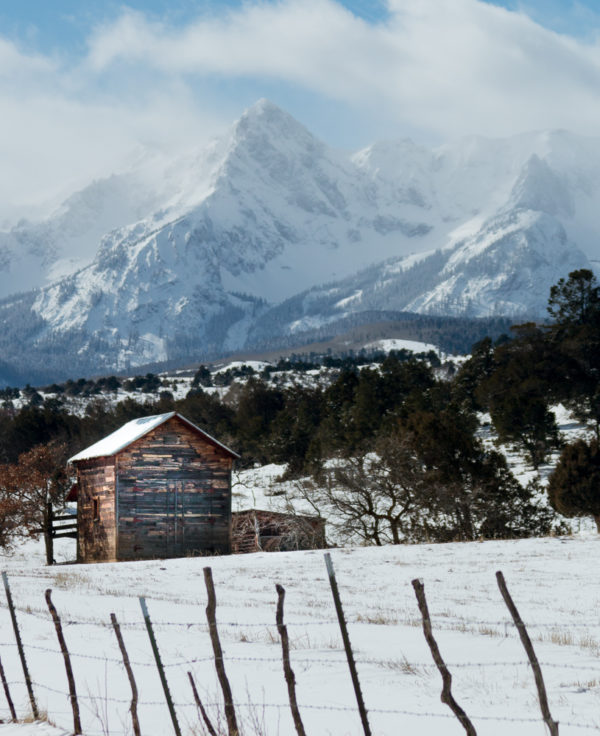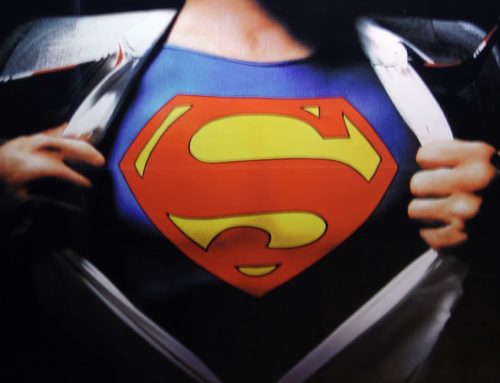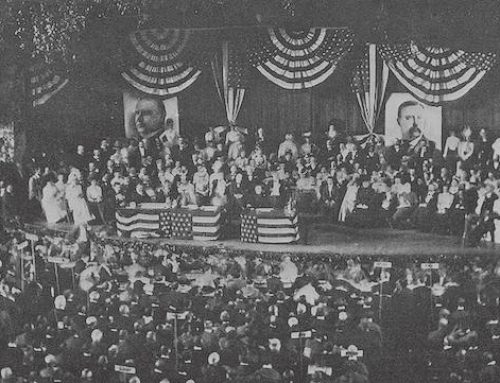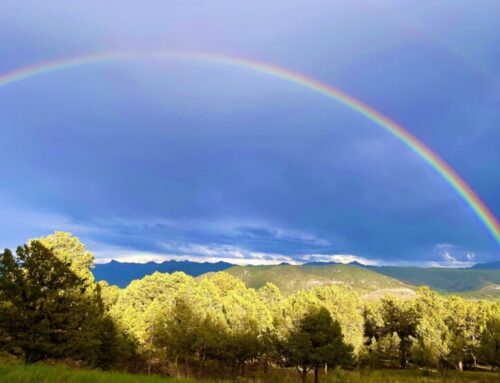As the snow falls softly this New Year’s Eve on our hideaway in the Colorado Rockies, I feel a welcome sense of seclusion from the outrage porn we have come to endure from the steady stream of farce and deceit pulsing through the wired and wireless reality that continues to warp our senses and worse, corrode our values. And yet, I can’t help but summon a cup of gratitude at having been granted the fateful gift of being born into a country that allowed me to become whatever I want: to associate as I please, to feel safe and secure, to pursue my dreams, and to enjoy the fruits of those pursuits by, in my case, living my final years in the most beautiful place in the world. Of course, being white and male helped a great deal, but I’ll set that convenience aside for another post.
The vast majority of Americans alive today were born after the great toils and sacrifices that made the United States the world’s lone superpower. We did not endure the sacrifices of our Founders, the horrid circumstances of the Civil War, being gassed by the Kaiser in World War I, the abject poverty of the Great Depression, or being one of twelve million Americans whose lives were imperiled or lost in World War II. I reflect on my grandfather’s life who, born in 1890, saw more than his share of hardship and challenge; an arc of life that began in a sod hut and ended just three months before an American walked on the moon. Our gift was to inherit a bounty of prosperity and goodwill made possible by people like my grandfather that allowed us the promise of the American Dream: to live a better life than those who came before us. All we had to do was keep the dream alive; to keep the flame of freedom burning for those who followed us.
Fifty years ago, several brainiacs from places like Harvard and MIT were asked to envision what life would be like today. For the most part, especially as they predicted advances in technology, they got it right. As Jill Lepore reconciled in The New Yorker, “most of the machines people expected would be invented have, in fact, been invented,” but “most of those machines have had consequences wildly different from those anticipated in 1968.” She illustrates further that people like Carlos R. DeCarlo, then the director of automation research at I.B.M., got the tech-side right while getting the human side terribly wrong when he argued that “the political and social institutions of the United States will remain flexible enough to ingest the fruits of science and technology without basic damage to its value systems.”[1] Oops.
Wealth, even while distributed on the terms of equity rather than equality—the basis of capitalism—has allowed America to become by orders of magnitude more powerful than any other nation-state on earth. As Yuval Noah Harari reminds us in Homo Deus: a Brief History of Tomorrow, “ today more people die from eating too much than from eating too little; more people die from old age than from infectious diseases; and more people commit suicide than are killed by soldiers, terrorists, and criminals combined.”[2] Money and power can indeed be a very good thing; most Americans want more of each. Values, however, which provide the foundation of our collective welfare, have proven a more difficult challenge. Affluence provides a veil of delusion that, like termites in our framing, weakens the structure of civil society to the point that collapse becomes inevitable; that, as the poet W.B. Yeats warned, might produce a “rough beast, its hour come round at last” that may slouch toward “Bethlehem [or Washington D.C.?] to be born.”[3]
The compromise of values in the fog of affluence has indeed placed the American Dream in peril. More people are concerned about their internet speed to upload their selfies than they are the welfare of the widow living next door. We live in a society of hyper-consumerism that appears to find satisfaction only in our next—always next—purchase. The seldom-acknowledged effect of losing our values is that we not only make worse decisions, we lose our capacity for satisfaction. Like the opioid addict, only the next fix will do. Further, in the cradle of affluence we lose the effects of consequence and, thereby, our commitment to truth. Most have forgotten (if they ever knew) the self-satisfaction that is born of sacrifice, and that it is the tightly woven fabric of purpose that gives us access to grace.
When I speak of values, I do not mean the contrivances of the Religious Right—so called “family values”—that have been employed to secure subservience and to liberate true-believers of their earnings under the hood-wink of Prosperity Gospel. The values I speak of are the values of the rough-hewn American character that succeeded in founding and keeping a new republic that truly believed in the sanctity of freedom, embraced with humility and secured by hard work and yes, even death. Slowly, but surely, our prosperity has flipped these values to their evil twins: entitlement, hubris, and narcissism. Our current (but hopefully soon-departing) president is the literal embodiment of this disease. We must face it: he is us. But, we can recover from our waltz with madness.
We must recognize how we got here; the tragic compromises we made in our generational moment of weakness when we convinced ourselves of our own beauty and infallibility. We must revisit our history of greatness—prior to our own birth—that was won at the end of a shovel, not a selfie-stick. We must hold ourselves, our family, our friends, our community, and our nation accountable to the reality of consequence and to the standard of truth. Only then will we be able to look our children and grandchildren in their eyes to claim we did our part to keep the American Dream alive. This is our job in 2019.
[1] Jill Lepore, “What 2018 Looked Like Fifty Years Ago,” The New Yorker, January 7, 2019.
[2] Yuvall Noah Harari, Homo Deus: a Brief History of Tomorrow (New York: HarperCollins, 2017), front matter.
[3] William Butler Yeats, “The Second Coming,” 1919.






